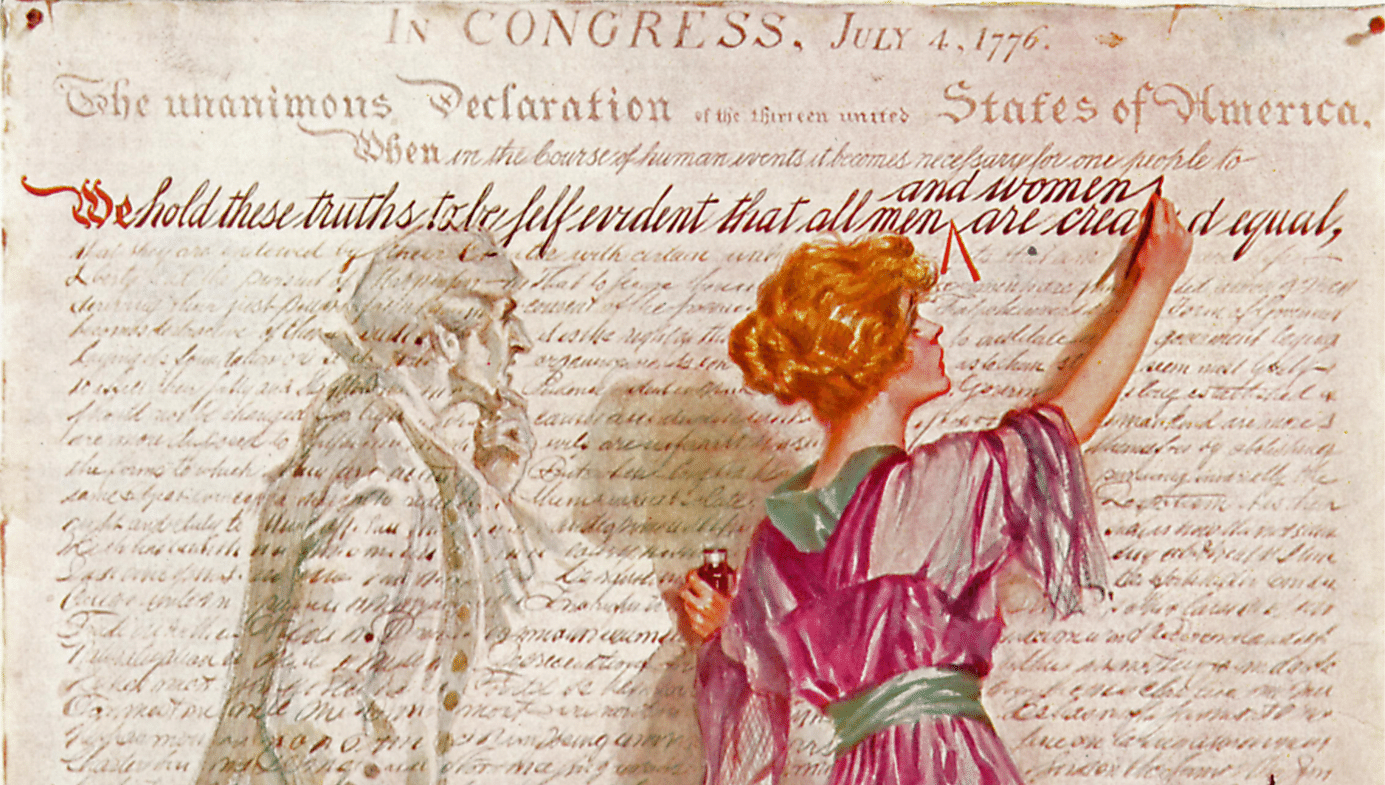Art and Culture
On Opinions and Entitlement
The claim that we are “entitled to our opinion” is a professed appeal to the principles of liberty and free speech, when in reality it undermines those principles.

In the weeks before same-sex marriage was recognised in England and Wales, I spotted a local man handing out leaflets on behalf of the “Coalition for Marriage” campaign. Aware that this group was leading a crusade against Equal Marriage, I initially hurried past him, reluctant to engage. But half way home I turned around, walked all the way back there and challenged him – politely but robustly. The man seemed aghast and pleaded in a querulous voice that he was “entitled to his opinion”, the implication being that it was highly impertinent of me to question him.
The notion that everyone is “entitled to their opinion” is often quoted, frequently misused and invariably insincere. Nobody is “entitled to their opinion” if this claim is cited in an attempt to deflect criticism – as it usually is. If we all demand the right to share our views in public, without also expecting and accepting dissent, we do not really support the idea that everyone is “entitled to their opinion” at all; rather, we believe that we should be allowed to impose our own views upon others without reproach. The claim that we are “entitled to our opinion” is a professed appeal to the principles of liberty and free speech, when in reality it undermines those principles.
The philosopher Jamie Whyte includes the notion that we are “entitled to our opinion” in his study of logical fallacies. He argues that people generally use this statement when they are cornered, in an attempt to avoid criticism or to save being forced into a position in which they might have to change their mind; so when people say “I’m entitled to my opinion” what they generally mean is “I don’t wish to hear the evidence that contradicts my opinion” – a childish and petulant response to challenge.
Easily-observable examples of these dubious tactics occur frequently on social media; someone publishes a post relaying an ill-informed view on a particular topic, then becomes absurdly angry and self-righteous when others point out their imprudence. This individual will often verbalise the notion that they are “entitled to their opinion” in an attempt to silence the naysayers and the detractors who would seek to challenge them.
Fascinatingly, one indication that many people in fact apprehend the inherent feebleness of the argument is that the statement is often turned on its head and used to imply that an adversary is wrong. It is not uncommon for someone to put an end to a debate by saying “well, I guess you’re entitled to your opinion” – in doing so, they insinuate that their antagonist is misguided and by implication they somehow assume the moral high ground by stepping away from the conflict. While this tactic is slightly different (and if anything more irksome), the result is in fact the same – debate is silenced by the suggestion that further dispute is not acceptable and that to continue the discussion would be impolite and inappropriate.
While we are all free to take up a position and to argue for it, none of us are “entitled” to make any kind of statement – especially a provocative one – unless we are willing to accept that it might be challenged; in response to the challenge, our choices are then to uphold our opinion by producing robust reasoning in its defence, or to reconsider our position in the face of conflicting evidence. I would argue that unless we are willing to do either or both of those things, then we are not “entitled to our opinion” at all – or at least, we are not entitled to broadcast it; opinions without reasoned justification are at best vacuous and at worst dangerous.

One of the biggest dangers in assuming that everyone is “entitled to their opinion” is the related notion that everyone’s opinion is equally valid in all fields. This is a mindset that is often endorsed in our schools, with the best of intentions but perilous consequences. As Australian philosopher Patrick Stokes, wrote in 2012:
The problem with “I’m entitled to my opinion” is that, all too often, it’s used to shelter beliefs that should have been abandoned. It becomes shorthand for “I can say or think whatever I like” – and by extension, continuing to argue is somehow disrespectful. And this attitude feeds, I suggest, into the false equivalence between experts and non-experts that is an increasingly pernicious feature of our public discourse.
Stokes goes on to explore the theme of validity by pointing out that we use the term “opinion” very broadly in our everyday language. It is true, he argues, that opinions in relation to taste or personal artistic preferences are highly subjective and largely unprovable; I might think that my husband looks best in the colour blue, but he might feel differently – there is no verifiable right answer. But, as Stokes points out, we also use the word “opinion” in relation to views that are “grounded in technical expertise, such as legal or scientific opinions.”
While it might be merely a pleasant waste of time for us to debate the niceties of colour, dress or artistic taste, it is a grievous mistake to assume that all legal or scientific matters are similarly open to discussion without the relevant experience, a rigorous understanding and demonstrable knowledge. “Perhaps that’s one reason” says Stokes “why enthusiastic amateurs think they’re entitled to disagree with climate scientists and immunologists and have their views ‘respected’.”
In an increasingly self-conscious age, in which a hijacked passenger will ask for a photograph with his hijacker and an ever-growing number of people seem convinced that we all possess the heartfelt desire to behold a portrait of their dinner plate, one thing seems clear: we are all becoming ever more persuaded not only that we are entitled to impart our opinions but also that the world is entitled to hear them. Yet we must accept the fact that our narcissism does not occur in a vacuum – that others will require us to justify our thoughts and our attitudes; if the opinions we feel so entitled to share are entirely lacking in substance, we have only ourselves to blame when our folly is exposed.






